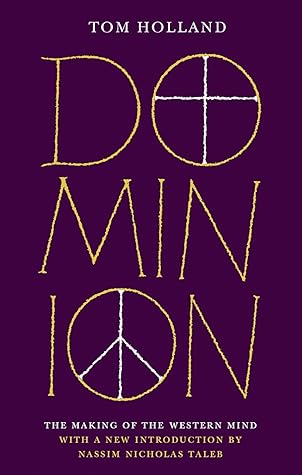The feat of Irenaeus, labouring in the wake of their deaths, was to give substance and solidity to these convictions. Already, within his own lifetime, his achievements and those of Christians who thought like him were becoming apparent even to hostile observers. They led an organisation that, in its scale and scope, was not merely one among a crowd of churches, but something altogether more imposing: the ‘Great Church’.27 Never before had there been anything quite like it: a citizenship that was owed not to birth, nor to descent, nor to legal prescriptions, but to belief alone.
Welcome back. Just a moment while we sign you in to your Goodreads account.


